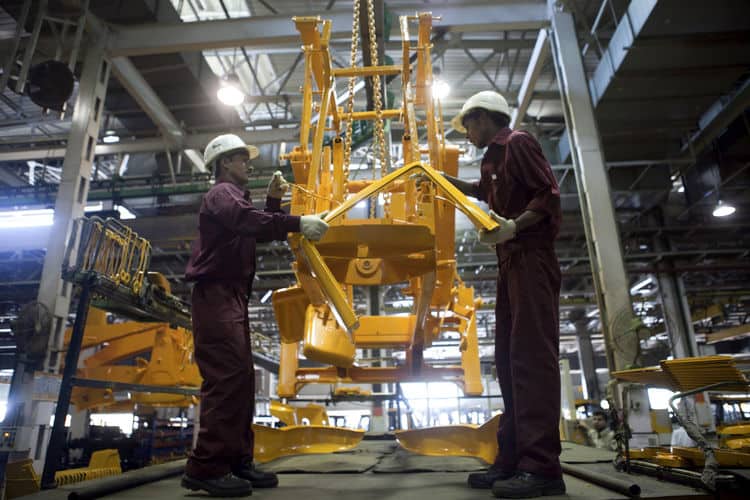Business
Foreign Investments in Nigeria’s Manufacturing Plunge by 54% to $279.5m in Q3 2023

Foreign investments in Nigeria’s manufacturing sector declined by 54% from $605 million in the second quarter of 2023 to a mere $279.5 million in the third quarter, according to the latest Capital Importation report from the National Bureau of Statistics.
Despite this significant drop, the production sector retained its prominence as the leading recipient of capital importation during the third quarter of 2023.
The finance sector closely followed, securing $127.9 million in capital inflows during the same period.
The continuous decline in foreign investments in Nigeria is a cause for concern with data from the National Bureau of Statistics indicating a 35% drop from $392.5 million in the fourth quarter of 2022 to $256 million in the first quarter of 2023.
This persistent trend has prompted the Manufacturers Association of Nigeria (MAN) to express apprehension, attributing the capital flight in the industry to government policies.
Various Manufacturing Conditions and Confidence Index (MCCI) reports from MAN have consistently underscored the challenges faced by the sector, including a harsh business environment characterized by high energy costs, limited access to funding, and multiple taxation.
Francis Meshioye, the President of MAN, articulated these concerns in a recent interview, emphasizing the potential departure of more international manufacturing companies if power distributors implement the planned tariff hike.
Meshioye highlighted the heavy burden on manufacturers, who often provide their infrastructure, including water, power, and security, due to the substantial cost of doing business.
The drastic drop in foreign investments during the third quarter of the year can be linked to the exit of several multinational corporations, including GlaxoSmithKline (which exited Nigeria in August) and Unilever (which scaled down operations in April).
The fourth quarter of 2023 witnessed the wind-down of operations by other multinational manufacturers such as Sanofi-Aventis and Procter & Gamble.
As the manufacturing sector grapples with this concerning downturn, there is a pressing need for strategic interventions and policy adjustments to rekindle investor confidence and stimulate the much-needed capital influx for revitalization.
The challenges outlined by MAN underscore the urgency for a comprehensive and sustainable approach to support the manufacturing industry and ensure its resilience in the face of global economic uncertainties.